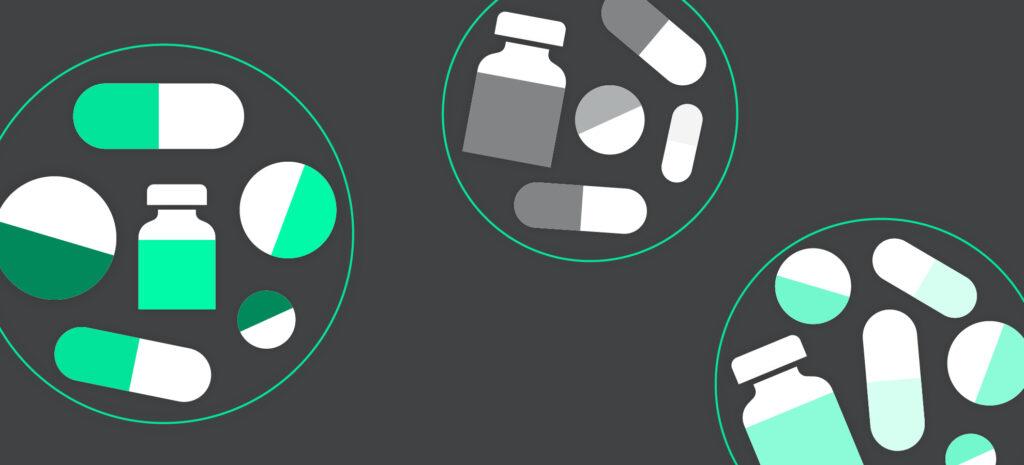Pharma is one of the most regulated industries and employs regulatory affairs professionals to ensure the quality, safety, and efficacy of therapies patients use. Regulatory affairs departments within companies that produce medicines, medical devices, food supplements, and veterinary medicines ensure that their organizations comply with all regulations and laws concerning their business. These regulatory affairs professionals must stay current with complex regulations and often have expertise in legal, regulatory, and clinical trial environments.
What is regulatory affairs in the pharma industry?
Pharma regulatory affairs professionals are key players in drug development, maintaining a vital communications link between the pharmaceutical company and regulatory agencies like the FDA in the United States, TGA in Australia, MHRA in the United Kingdom, and MCC in South Africa, to name a few.
More high-quality feedback vs. typical ad boards in a 100% compliant platform.
Regulatory affairs departments interact with worldwide, federal, state, and local regulatory agencies to assure that the following activities involving pharmaceutical and medical products are conducted in compliance with all applicable rules:
- Licensing
- Registration
- Development
- Manufacturing
- Marketing
- Labeling
Most countries differentiate between pharmaceutical legislation and pharmaceutical regulations as follows:
- Legislation refers specifically to the creation of laws that are usually written in fairly general terms to meet present and possible future needs. They have language that enables the government to issue regulations based on the law. Passing new laws requires a lengthy process and involves a country’s legislative body.
- Regulations are the rules established by an agency that interprets the laws to facilitate their practical implementation. They can be passed more quickly and simply than laws. For example, the US FDA has the rule-making responsibility for the “Food, Drug, and Cosmetic Act” of 1938 in the United States. Regulations have a way of expanding far beyond the size of the enabling law.
What is the role of regulatory affairs professionals?
According to the Organization for Professionals in Regulatory Affairs, regulatory affairs professionals are responsible for:
- Keeping track of the ever-changing legislation in all the regions in which a company wishes to distribute its products
- Advising on legal and scientific restraints and regulatory requirements
- Collecting, collating, and evaluating scientific data
- Presenting registration documents to regulatory agencies and carrying out any subsequent negotiations necessary to obtain or maintain marketing authorization for the pharmaceutical product concerned
- Giving strategic and technical advice at the highest level in their companies, making an important contribution both commercially and scientifically to the success of a drug development program and the company as a whole
- Helping the company avoid problems caused by badly kept records, inappropriate scientific thinking, or poor presentation of data from clinical development and clinical trials
What are the risks of regulatory non-compliance in pharma?
Regulatory non-compliance is among the most significant threats to the pharmaceutical industry and can have a profound negative impact on a pharmaceutical company’s finances, reputation, and customers. Still, major pharmaceutical firms are challenged to innovate while balancing that business goal with risk mitigation. Therefore, most of the world’s leading drug companies also face similar types of risks around regulatory compliance in the pharma industry.
Rather than being satisfied with siloed views of regulatory affairs – in which individual teams are responsible for ensuring regulatory compliance – pharmaceutical organizations should instead strive for an enterprise-wide view of what’s happening with regulatory issues. Drugmakers can also look to tech-enabled solutions to improve regulatory compliance. For instance, the use of big data in the pharma industry is increasing across the organization, from research and development to marketing. Regulatory affairs should explore whether this type of disruptive innovation in pharma can decrease the risk of pharma compliance issues.
How can insights management impact regulatory affairs?
Within3’s insights management can help pharmaceutical firms reduce overall concern about running afoul of a regulatory body. For example, engaging key opinion leaders in a virtual advisory board environment allows medical affairs teams to maintain vigilance when soliciting scientific information. Commercial teams can also rely on insights management technology to properly engage patients or other audiences.
Within3’s insights management solution provides pharmaceutical firms with a better way to preserve an enterprise-wide view of insight-gathering activity so that any potential regulatory issues can be identified and addressed proactively. To learn more about how insights management reduces business risk for pharma organizations, read our blog post.






